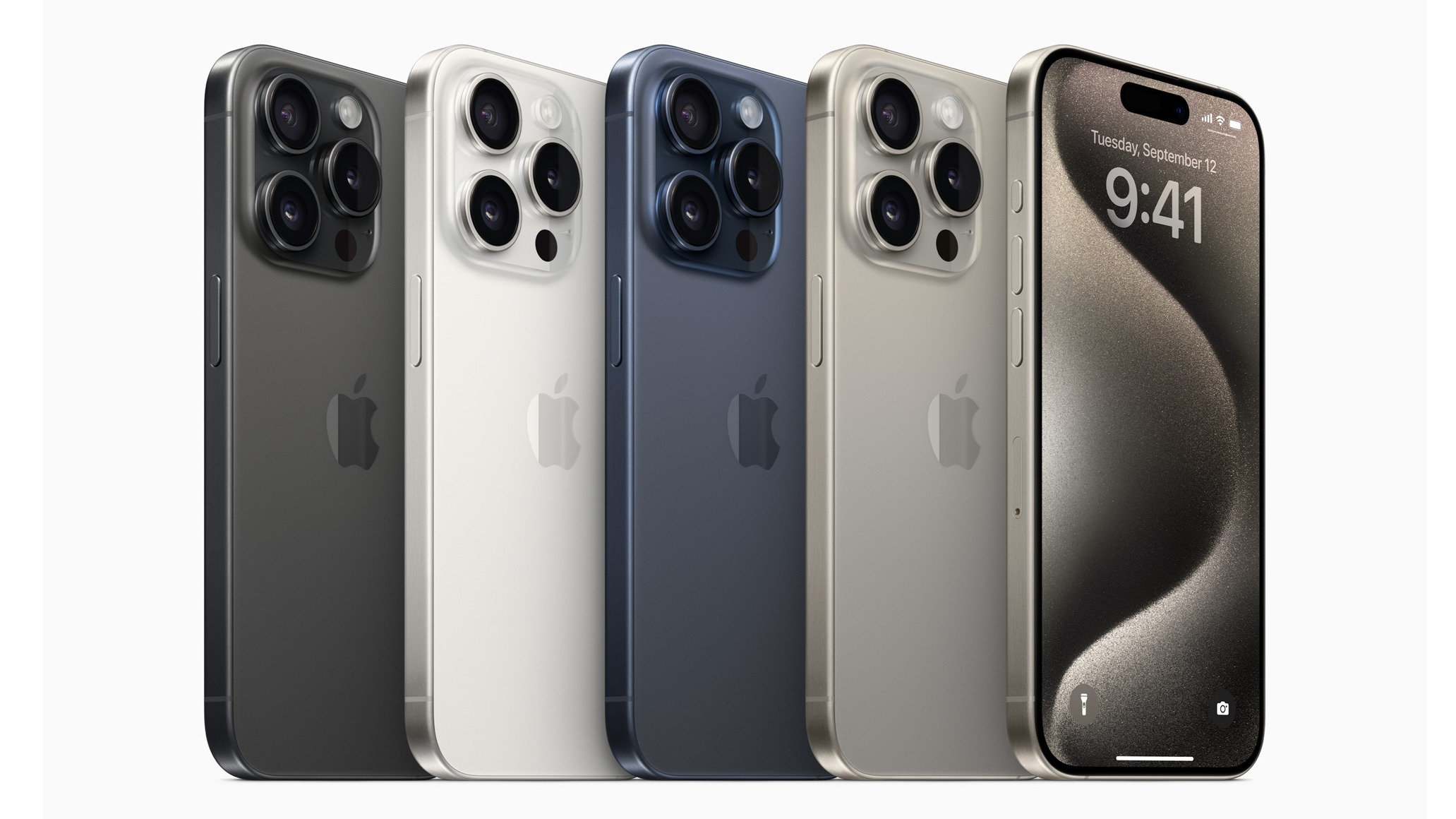Apple has overtaken Samsung as the world’s largest seller of smartphones.
According to the latest Worldwide Quarterly Mobile Phone Tracker from IDC, Samsung’s 12-year run atop the smartphone pyramid ended in 2023 with Apple commanding a 20 per cent market share against the South Korean company’s 19.4 per cent share.
Samsung was followed by Xiaomi, Oppo and Transsion – the seller of Tecno, Infinix and itel brands – in third, fourth and fifth place respectively.
The report notes that economic factors had a significant impact on the rankings, with a slower-than-expected recovery in China weighing on overall phone sales. Consumers were more hesitant to upgrade their handsets in 2023 and, when they did, they were more likely to choose cheaper devices, the report said.
Apple and Transsion were the only two brands from the top five to record sales growth, with the overall market declining by 3.2 per cent to 1.17 billion units – a decade low. Apple iPhone shipments were up 3.7 per cent, while Samsung phone shipments were down by 13.6 per cent.
Nabila Popal, research director at IDC's Worldwide Tracker team, said: "While we saw some strong growth from low-end Android players like Transsion and Xiaomi in the second half of 2023, stemming from rapid growth in emerging markets, the biggest winner is clearly Apple.”
Last week, Microsoft overtook Apple as the world’s most valuable public company amid Wall Street concerns around cooling demand for iPhones, iPads and other high-end gadgets including the upcoming Apple Vision Pro, which will launch in the US on 2 February.
Latest News
-
The top technology trends to expect in 2026
-
The most read National Technology News stories of 2025
-
Lyft and Uber sign deals with Baidu for robotaxi trial in London
-
Nextdoor launches AI-driven self-serve ads platform for small businesses
-
Italy's antitrust fines Apple €98.6m over alleged App Store dominance
-
Visa partners with UAE real estate firm to launch voice-enabled agentic commerce payments
The future-ready CFO: Driving strategic growth and innovation
This National Technology News webinar sponsored by Sage will explore how CFOs can leverage their unique blend of financial acumen, technological savvy, and strategic mindset to foster cross-functional collaboration and shape overall company direction. Attendees will gain insights into breaking down operational silos, aligning goals across departments like IT, operations, HR, and marketing, and utilising technology to enable real-time data sharing and visibility.
The corporate roadmap to payment excellence: Keeping pace with emerging trends to maximise growth opportunities
In today's rapidly evolving finance and accounting landscape, one of the biggest challenges organisations face is attracting and retaining top talent. As automation and AI revolutionise the profession, finance teams require new skillsets centred on analysis, collaboration, and strategic thinking to drive sustainable competitive advantage.
© 2019 Perspective Publishing Privacy & Cookies








Recent Stories